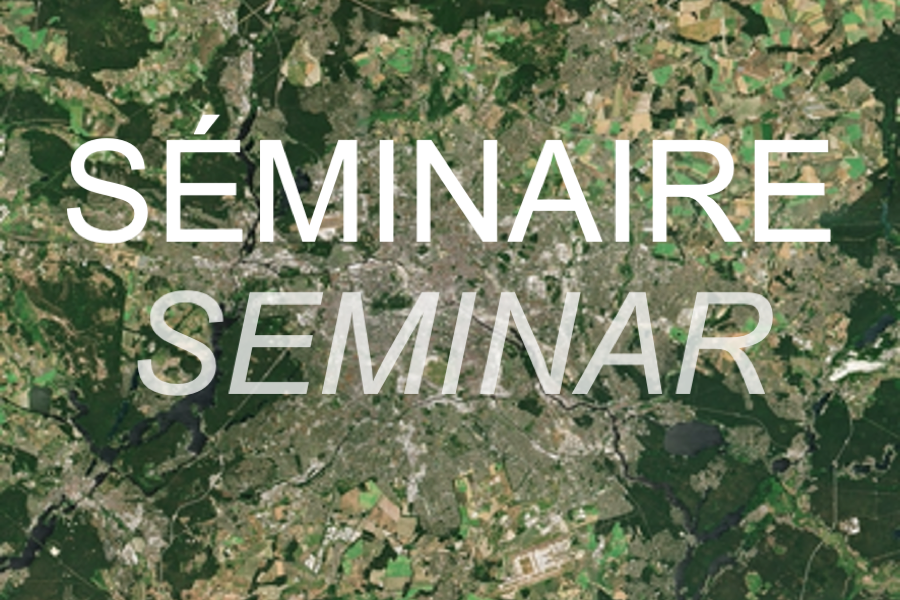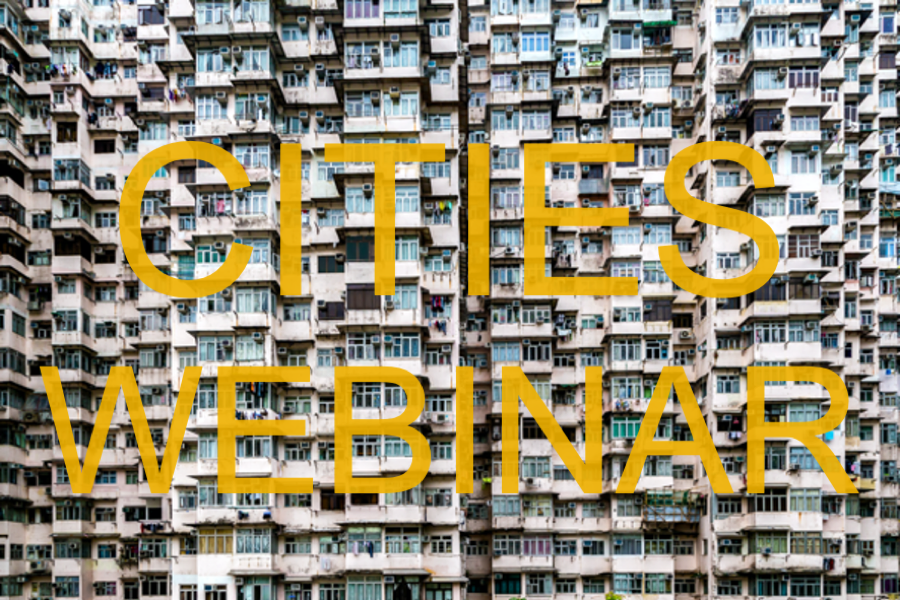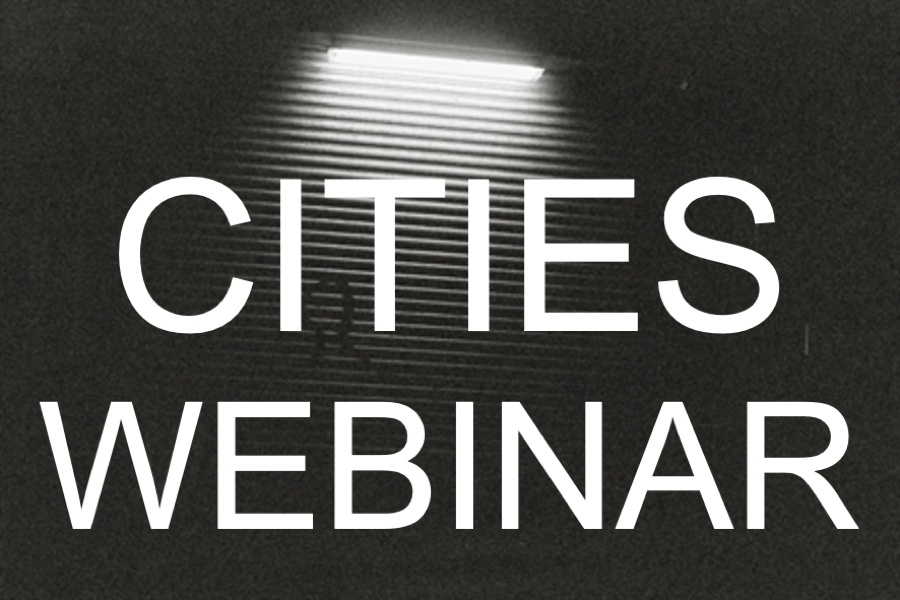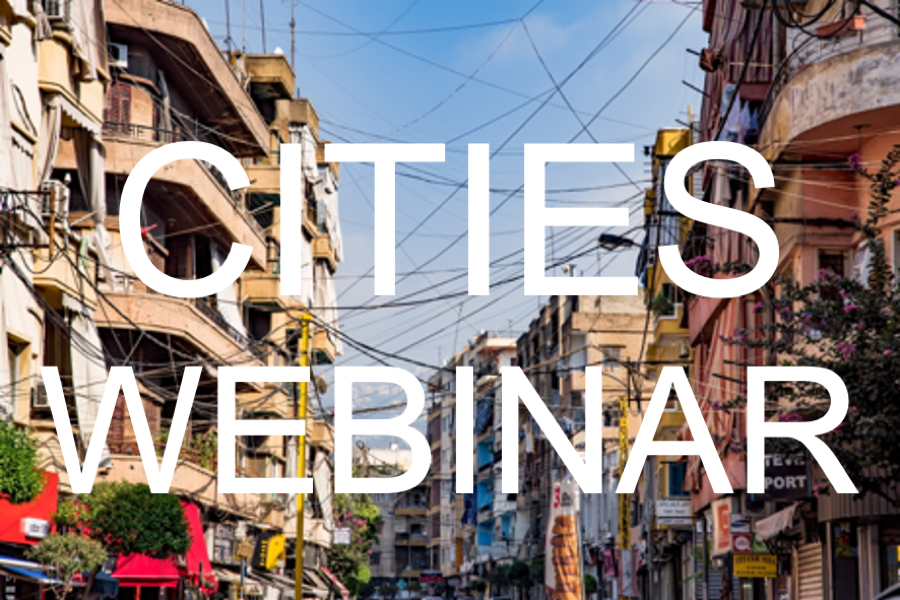The Cities are Back in Town programme is a transdisciplinary research seminar within the Urban School of Sciences Po. It brings together both junior and senior scholars from all Sciences Po's research centres, as well as affiliated professionals and researchers from universities across the globe. Cities are Back in Town convenes more than 20 faculty members, about 30 PhD and postdoc researchers, and many more associate researchers. Our program approaches urban research through different lenses, including political science, sociology, geography, history, economics, and law. It is committed to conducting and promoting cutting-edge research on pivotal processes taking place in cities and regions worldwide.






